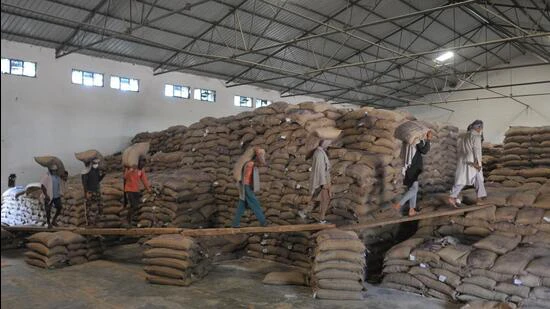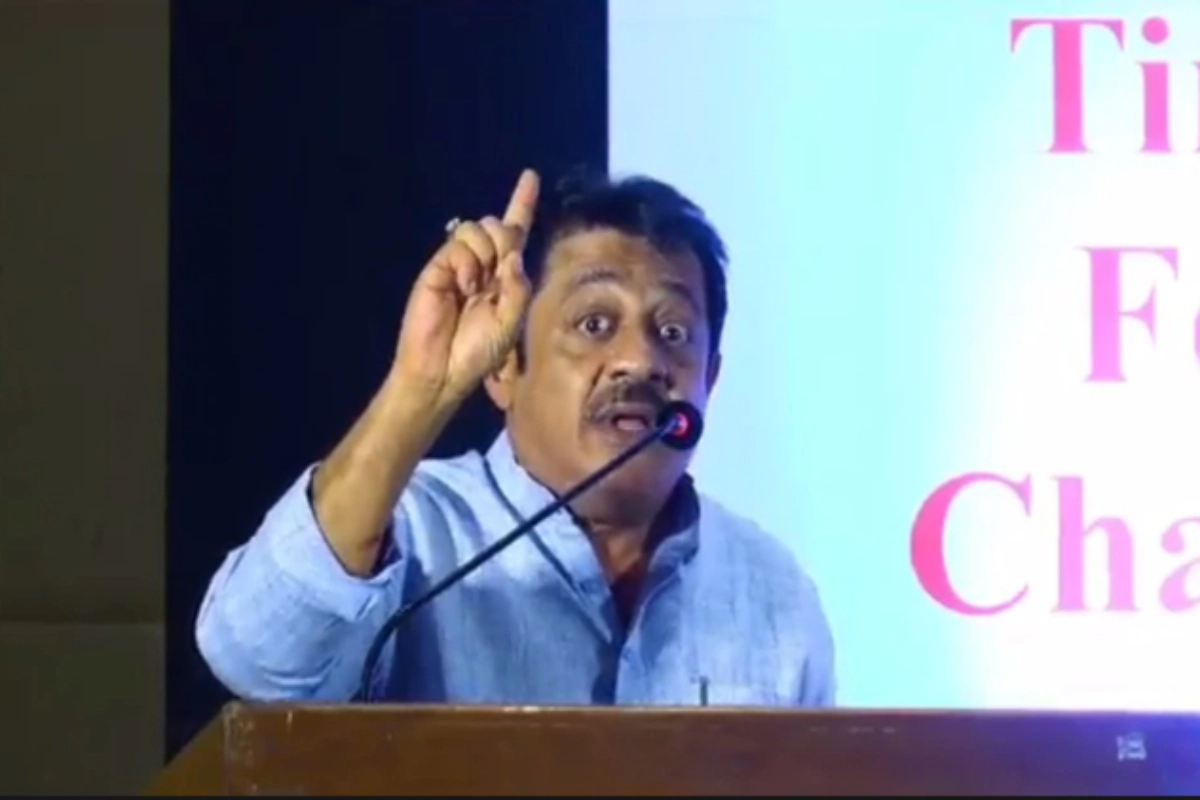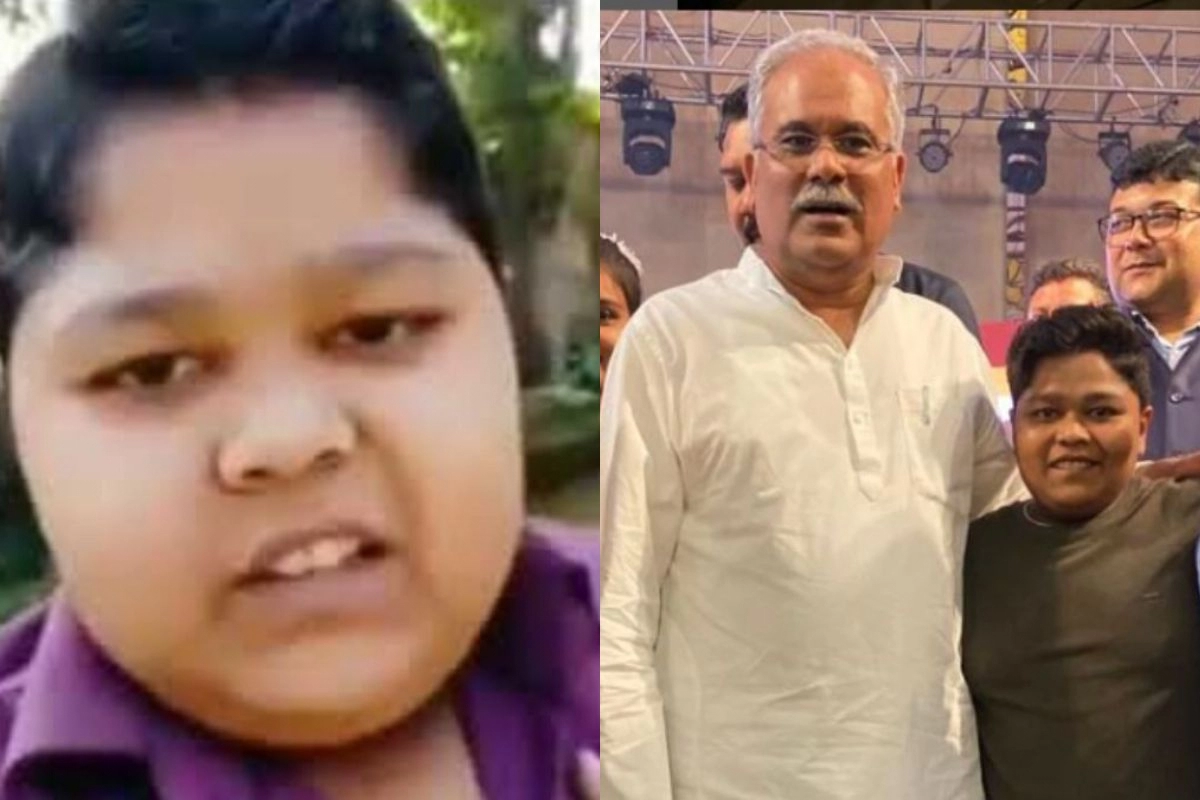In order to provide rice to people under its promised Anna Bhagya scheme above and beyond what is required by the national food security law, Karnataka could learn from other states, according to the government in these states.
In addition to the 5kg per month required under the National Food Security Act, the new Congress government in Karnataka has pledged to give 10kg of rice per month to each member of families who fall below the poverty line.
According to the officials, states like Odisha, Chhattisgarh, West Bengal, Andhra Pradesh, and Telangana give the poor additional rice from their own resources without requesting more grains from the Food Corporation of India (FCI), the nation’s food grain stockist. Tamil Nadu contributes extra rice, however it is purchased from the FCI.
Soon after the southern state announced the start of its Anna Bhagya programme on July 1, the Karnataka government started looking for rice from other states and organisations after FCI stopped selling rice and wheat to state governments under the open market sale scheme (OMSS).
The FCI announced that “the sale of wheat and rice under the OMSS (domestic) for state governments is discontinued,” adding that the sale of rice under the OMSS would still be allowed in northeastern and hilly states, as well as those dealing with law and order issues and natural disasters, at the current price of 3,400 per quintal.
According to the FCI order, the programme will now begin on August 1, according to KH Muniyappa, the food minister for Karnataka.
No other state has protested the FCI
Other than Karnataka, no other state has protested the FCI order. After providing FCI with the grains according to its allotment for central procurement from each state to maintain the national food buffer stock, officials in these states said they directly purchase paddy from farmers to support their grain distribution schemes.
For instance, the state food security programme in Odisha offers free rice worth 5 kg per person to 8 lakh beneficiaries. They are persons who the NFSA does not cover. The Odisha government purchases paddy directly from farmers and distributes rice to the underprivileged through the public distribution system in order to give them free rice.
According to Rajendra Mishra, Odisha’s special secretary for food supplies and consumer welfare, the Odisha State Civil Supplies Corporation purchases paddy from farmers, mills it through custom millers, and uses the milled rice to meet the needs of the state’s public distribution system, including providing rice to NFSA, SFSA, and other beneficiaries.
According to him, FCI’s function has been limited to simply accepting the state’s extra rice. Odisha won’t be impacted by the FCI terminating the OMSS because there has been a rice surplus there since 2009, Mishra stated.
In a same vein, West Bengal does not request rice from the FCI for its 2016 Khadyasathi programme, which provided food to 3.3 lakh families. According to a state official who requested anonymity, the state government purchases food grains from licenced farmers by setting an annual minimum support price (MSP) through cooperative societies, self-help organisations, and farmers’ organisations.
In the previous paddy season, the MSP was set at 2,040 per quintal, and 49.39 million tonnes of paddy were purchased. 88.9 million recipients, including 60.1 million under the NFSA, receive free rice from West Bengal. Under the programme, each family member receives 5 kg of free rice, wheat, and pulses.
In addition, 64.25 lakh families in Chhattisgarh receive free food, with those living below the poverty line receiving 35 kg of rice per month at a cost of one rupee per kilogramme. According to the government, the state uses the decentralised procurement system to buy food grains from farmers.
Also Read: TCS onboards 44,000 freshers in FY23, honors all job offers
Keep watching our YouTube Channel ‘DNP INDIA’. Also, please subscribe and follow us on FACEBOOK












